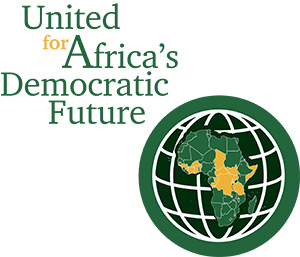Congo blues: Scoring Kabila’s rule
Across Africa, leaders are tinkering with term limits and prolonging their tenures. In an increasingly unstable Central African region, Joseph Kabila, President of the Democratic Republic of the Congo (DRC), appears poised to be the next African leader to sidestep the relinquishing of power and the election of his successor, constitutionally mandated for November 2016. A new Atlantic Council study by Dr. Pierre Englebert, “Congo Blues: Scoring Kabila’s Rule,” examines Kabila’s leadership of sub-Saharan Africa’s largest country and traces the contours of the ineptitude, massive corruption, and frequent resort to violence in the face of criticism that characterize his decade and a half in power.
Englebert argues that, despite being in power for fifteen years amid relatively buoyant recent macroeconomic growth, Kabila has done painfully little to improve the lives of Congo’s citizens. At best, his tenure has been characterized by willful neglect, and, at worst, by adverse and bloody manipulation of the country’s political system. The study makes that case that his regime’s reliance on confusion, dithering, meaningless dialogue, absenteeism, theft, patronage, violence, and repression has effectively set the country back to the days of Mobutu Sese Seko’s klepocratic dictatorship.
What’s worse, Kabila doesn’t appear to be finished. Though constitutionally ineligible for a third term, he is now attempting to employ administrative technicalities to delay the upcoming presidential election. These maneuverings are dangerous, and lay the groundwork for renewed civil unrest led by frustrated political opponents—with potentially catastrophic consequences for both the Congo and the broader Central African region.

This issue brief was made possible through generous support from United for Africa’s Democratic Future.